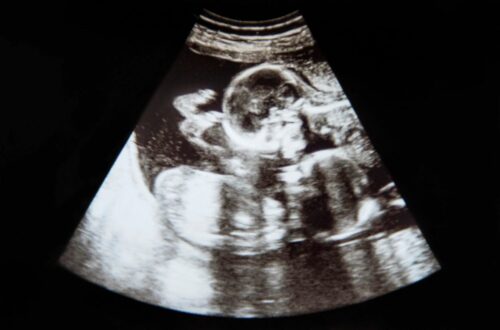I am glad that I exist. I hope you are too. To be glad about one’s existence is to prefer it to be the case that one exits rather than one does not.
If I am glad that I exist, then I don’t want the history of the world up until my existence to be significantly altered. This is because my existence is contingent upon an incredibly complex history leading to the joining of a particular sperm with a particular egg. Any other pairing would have produced someone else and thus I would not exist.
It follows that if I am glad that I exist now, then I also don’t want the history of the world after I began to exist to include any event that would entail that I do not exist now.
One significant alteration to the past would be my mother having an abortion when I was in the womb. If I were to be asked now whether I consent to my mother aborting me when I was in the womb, I would not consent. Since I am glad I exist, I don’t want my mother to have had an abortion.
If I don’t want my mother to have had an abortion, I cannot consistently maintain that having an abortion is morally permissible. This is because I am not the only one who is glad to exist. People who will exist in 20 years time and will be twenty years old will have the same preference as me – they will be glad that they exist. If I were one of those people (people who are now in the womb), I would not want for my mother to have had an abortion now. Thus, I do not want any of them to be aborted now.
It is not good to hold inconsistent beliefs. It is not consistent to be glad that I exist and hold that abortion for others is morally permissible. So, if I am to be consistent, I should believe that abortion is not morally permissible.
Based on William Hasker’s “The Existential Problem” and Harry Gensler’s argument in his Ethics (Routledge, 2017).





